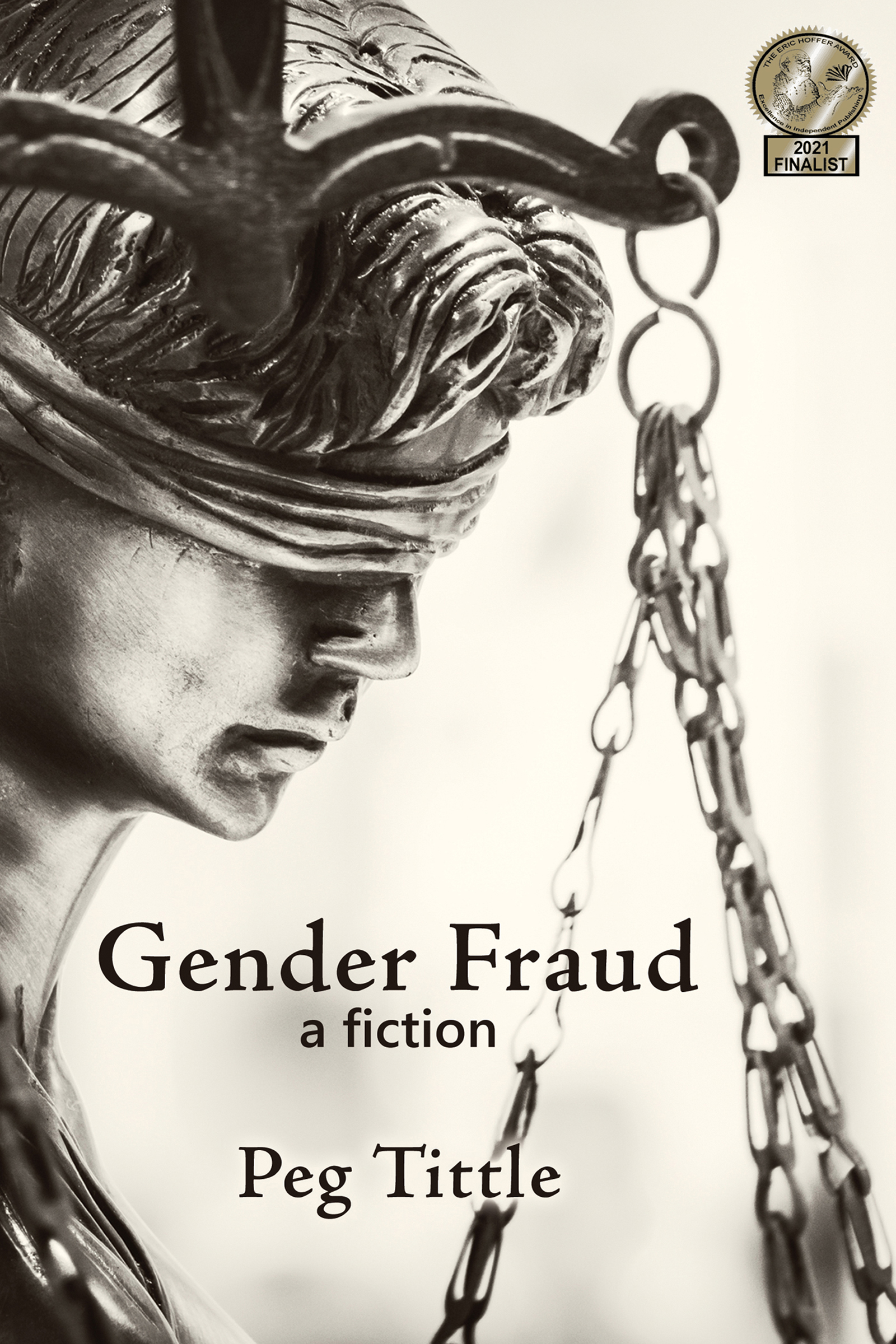I hadn’t really thought about it until I saw ‘his word’ corrected to ‘His Word’ on a Writing Competency Test at a publicly-funded university.
I can accept a capital on ‘God’ because the word is being used as a name, and names are generally capitalized. (Though I do find it rather presumptuous to so appropriate a common noun. It’s also a bit coercive: to use a common noun without an article is to imply there’s only one – the claim ‘Cat is happy’ demands the question ‘Which cat?’ unless you think there’s only one; so when the rest of us want to refer to the Christian god, since we must say ‘God’ instead of using a real name like ‘Zeus’ or ‘Hela’, we are unwillingly implying the same belief.)
And I can accept capitals on ‘The Bible‘, as well as italics, because the words refer to the title of a book, and such words are generally capitalized, as well as italicized.
But what’s the rationale for capitalizing ‘His Word’? It was suggested to me, when I questioned the marking committee, that ‘his word’ was being used to refer to The Bible and so, as a title, should be capitalized. Well, one, then it should also be italicized, and, oddly, this wasn’t mentioned. Two, we generally don’t accept substitute titles for other books; for example, we would not accept The Dictionary for The Concise Oxford Dictionary – not at the university level.
I suspect the student meant ‘his word’ not as an equivalent to The Bible, but as an equivalent to ‘his teaching’. So again, what’s the rationale for capitals? With two exceptions, no other pronoun is ever capitalized.
The first exception is that pronouns are capitalized when they refer to royalty – ‘His Majesty’. I suspect it’s meant to show respect. Well I, for one, don’t respect someone who’s in a position of power and wealth merely by accident of birth. And for our language rules to impose such a display of respect is completely unjustified.
The second exception is ‘I’. This one’s unjustified on the grounds of inconsistency alone: no other subject pronoun is capitalized in the normal course of things. To make ‘I’ an exception is to be egocentric as well as inconsistent.
Since both exceptions are then, to my mind, unjustified, neither, to my mind, supports capitalizing in the instance under consideration. So much for ‘his’ in ‘his word’.
As for ‘word’ (or ‘teaching’ or ‘messages’ or whatever), it doesn’t belong to any class of nouns usually capitalized (names of people, countries, cities, months, etc.). Case closed.
So capitalizing ‘His Word’ seems to be an exception to the rules. And on what basis is this exception made? Well, it seems to me that capitalizing ‘His Word’ is meant to designate some special status, some special respect. It’s a sign of worship, pure and simple. And, as I suggested when I considered ‘His Majesty’, language has no business legislating opinions of value.
More specifically, worship has no place in our grammatical rules. It especially has no place in the grammatical rules taught in public schools. Jewish schools can teach their kids to write ‘G-d’ and Christian schools can teach their kids to write ‘His Word’ – but neither should be stipulated as a common rule of grammar, and students in public schools should not be ‘corrected’ if they don’t express these religious opinions through their spelling.
Nor should such rules be in any grammar book not identified as a Christian grammar book. Lamentably, five out of five grammar texts that I checked listed as a rule that names of deities and other religious names and terms be capitalized. However, in three at least, capitalizing the pronoun was presented as optional.
It’s one thing to impose religious belief in public education, which is not only contrary to the view that a just society is one which separates Church and State, but also contrary to the view that public education is committed to the pursuit of knowledge, not superstition.
It’s another, and far more insidious, thing to entrench religious belief in our common language. We’ve exposed the sexism rooted in our language, and we have managed to begin to make changes. It’s past time to do the same for the religionism rooted in our language. Just as B.C. (Before Christ) has given way to B.C.E. (Before the Common Era), let’s make ‘His Word’ and the like equally anachronistic.
(A slightly different version of this was originally published in Free Inquiry, the journal of the Council for Secular Humanism.)



















